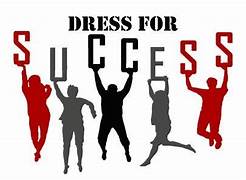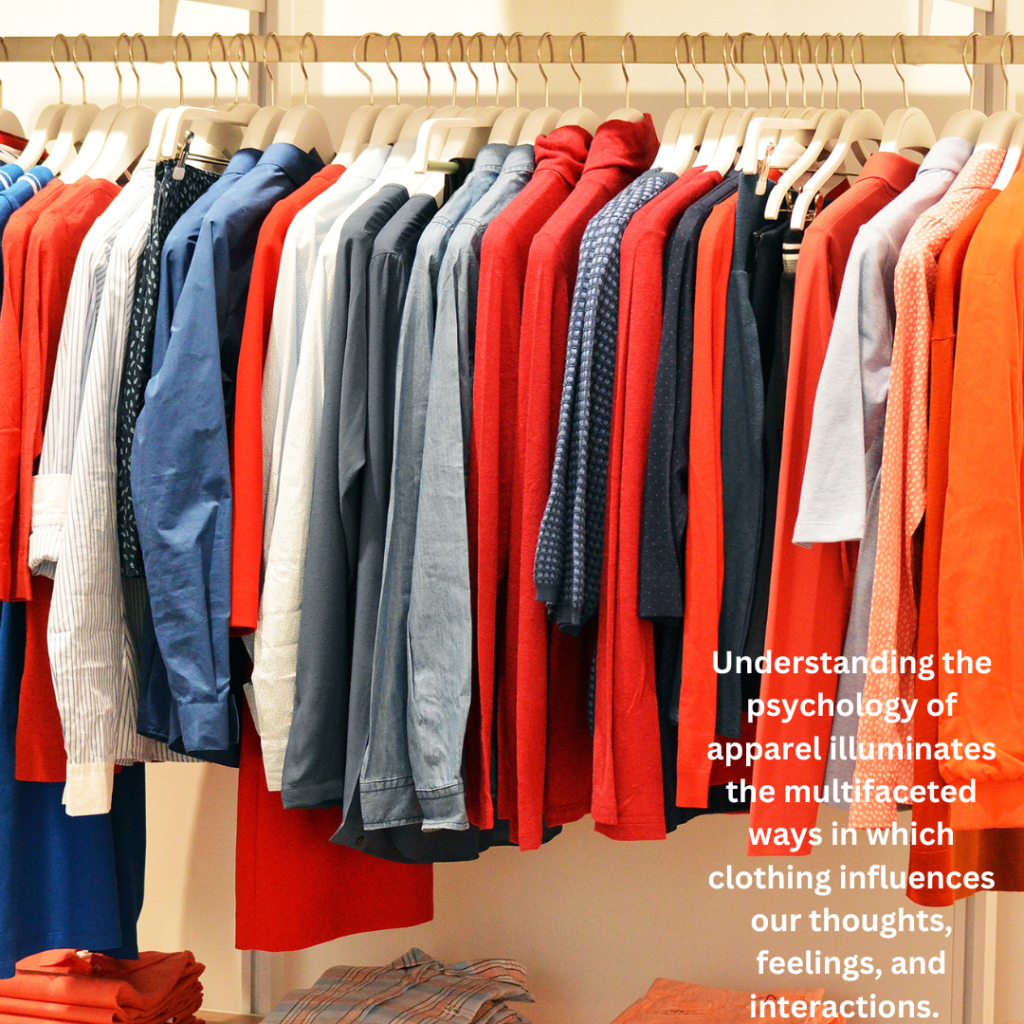
First impressions matter. Within seconds of meeting someone, we form judgments about their competence, confidence, and character. While these judgments are influenced by various factors such as body language and tone of voice, one of the most impactful elements is clothing. Your wardrobe communicates volumes about who you are, and in many situations, it can make or break your chances of success.
The Power of Appearance
The adage “dress for the job you want, not the job you have” underscores the importance of dressing appropriately for different contexts. Clothes are more than just coverings—they’re a visual representation of your personal brand. A polished appearance can convey professionalism, competence, and attention to detail, while an unkempt or mismatched outfit might suggest the opposite.
In professional environments, attire often sets the tone for how others perceive your abilities and work ethic. For example, in a corporate setting, a well-tailored suit or blazer communicates authority and readiness, while casual or overly trendy outfits might be seen as lacking seriousness. Dressing appropriately shows respect for the environment and signals that you understand the norms of the space.
Context Matters
Dressing for success doesn’t mean following a one-size-fits-all approach. Different settings demand different attire, and understanding these nuances is key to making a positive impression. For example:
- Formal Settings: Events like job interviews, board meetings, or networking functions usually require formal business attire. A neatly tailored suit, classic dress shoes, and subtle accessories create an image of professionalism and confidence.
- Business Casual Environments: In workplaces with a more relaxed dress code, you can balance comfort and professionalism. Think tailored slacks or skirts paired with button-down shirts or blouses. Avoid overly casual items like jeans or sneakers unless explicitly allowed.
- Creative Industries: In fields like advertising, design, or tech, individuality is often celebrated. Here, you can incorporate unique elements into your wardrobe while maintaining a polished look.
Adapting your outfit to the occasion shows social intelligence and enhances the impression you leave on others.
The Science of First Impressions
Research shows that people form opinions about others within seconds of meeting them. Clothing is one of the first things people notice, and it influences their assumptions about your personality, competence, and social status. Psychologists call this phenomenon “thin-slicing,” where individuals make quick judgments based on limited information.
For example, wearing a crisp, tailored outfit signals organization and reliability, while bold colors or patterns may indicate confidence and creativity. Even small details, such as the shine on your shoes or the fit of your blazer, contribute to the overall impression you create.
How Dressing Affects You
Interestingly, the way you dress also impacts how you perceive yourself. Studies on “enclothed cognition” suggest that what you wear can influence your confidence, mood, and performance. Wearing formal attire, for instance, can make you feel more competent and prepared, which can translate into better outcomes in professional settings.
Conclusion
Your wardrobe is more than just a collection of clothes—it’s a tool that shapes how others see you and how you see yourself. By dressing intentionally and aligning your attire with the context, you can enhance first impressions, build credibility, and project confidence. In a world where appearances often speak before words, dressing for success is not just an option; it’s an essential strategy for achieving your goals.








